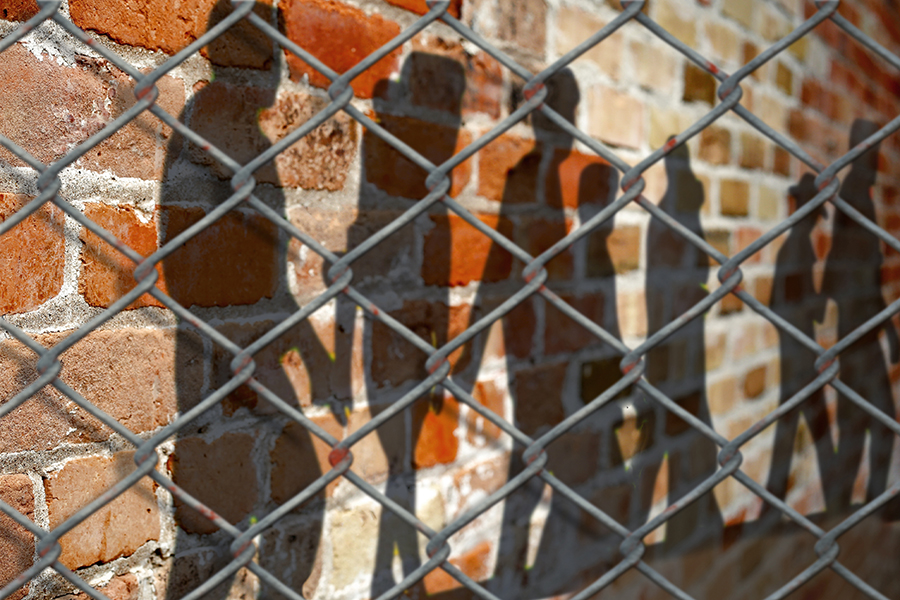
By Jenny Phillimore, Professor of Migration and Superdiversity
Department of Social Policy, Sociology and Criminology, University of Birmingham
In aid of World Day of Social Justice, which this year focuses on ‘Workers on the Move: the Quest for Social Justice.’
The emergence of a so-called “refugee crisis” in Europe wherein over a million refugees fleeing conflict sought asylum in the continent in 2015 was viewed as a problem by the public, politicians and policymakers, with concerns exacerbated by the media. The allegedly “uncontrolled” arrival of asylum seekers is one of the factors that has contributed to rising nationalism, souverainism and Eurosceptism. Many EU states have introduced measures to attempt to reduce the number of asylum seekers arriving even reinstating internal borders and building fences to keep people out. Once arrived, states are obliged to support and consider the asylum claims of those who are fortunate enough to be able to traverse those increasingly closed borders. Yet once “safe” in the European Union, asylum seekers face increasingly restrictive welfare regimes to act as a deterrent to alleged welfare tourism. States barely fulfil their obligations under the 1951 UN Refugee Convention, while signalling to the anti-asylum seeker electorate that they are doing everything they can to discourage asylum seeking.
Asylum seekers are essentially victims of global injustices which are not addressed by national bodies who are keen to avoid offering refuge and use the presence of national borders to shirk their obligations. Asylum seekers in the UK are subject to detention, inhuman living conditions, mis-framing, unequal living and working conditions, low levels of support, restricted access to health care, poor welfare outcomes, racism and discrimination. The injustices they are subject to occur across multiple scales, are over-lapping and are inherently institutionalised – part of a political strategy to create a hostile environment.
There is no moral justification in social justice scholarship to support the idea that any kind of person or group can be subject to injustice while they are in the liminal space that is the asylum system. We need to question the moral consequences of such institutionalised injustice. Support for their demonization and exclusion from parity of participation by politicians, the media and a large proportion of the population may set a dangerous precedent. There is potential for further moral slippage if there is popular support for the denial of social justice to other groups labelled undeserving. We must ask ourselves what are the long term consequences for individuals and society of deciding that any group should be treated unjustly? I turn to Nancy Fraser (2008) and her call for a transformative politics of framing in which social justice occurs at global level with appropriate forums developed to ensure that parity of participation can happen regardless of borders. In the face of accelerated and intensified mobilities associated with globalisation, in combination with the rise of nationalism, the failure to develop new mechanisms for ensuring social justice for all will inevitably lead to a rise in state sanctioned social injustice the likes of which have been evident in the first year of Donald Trump’s US Presidency.
